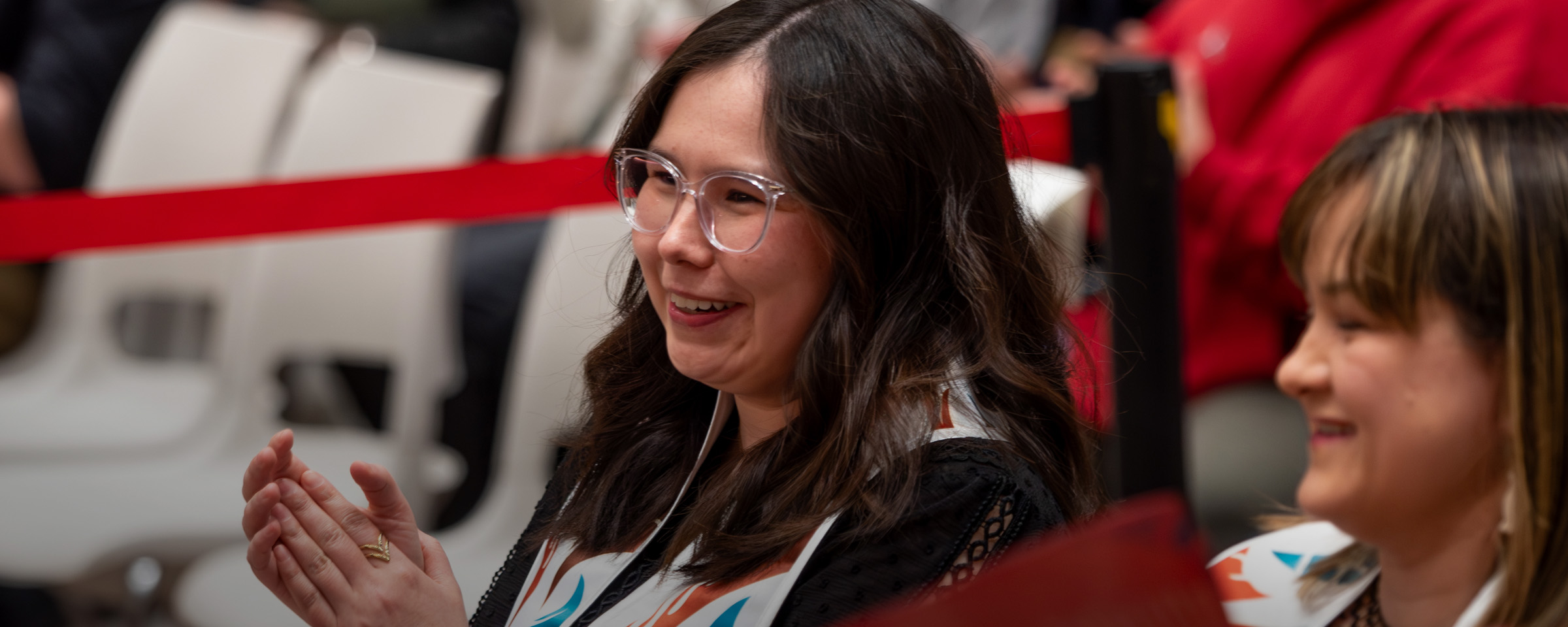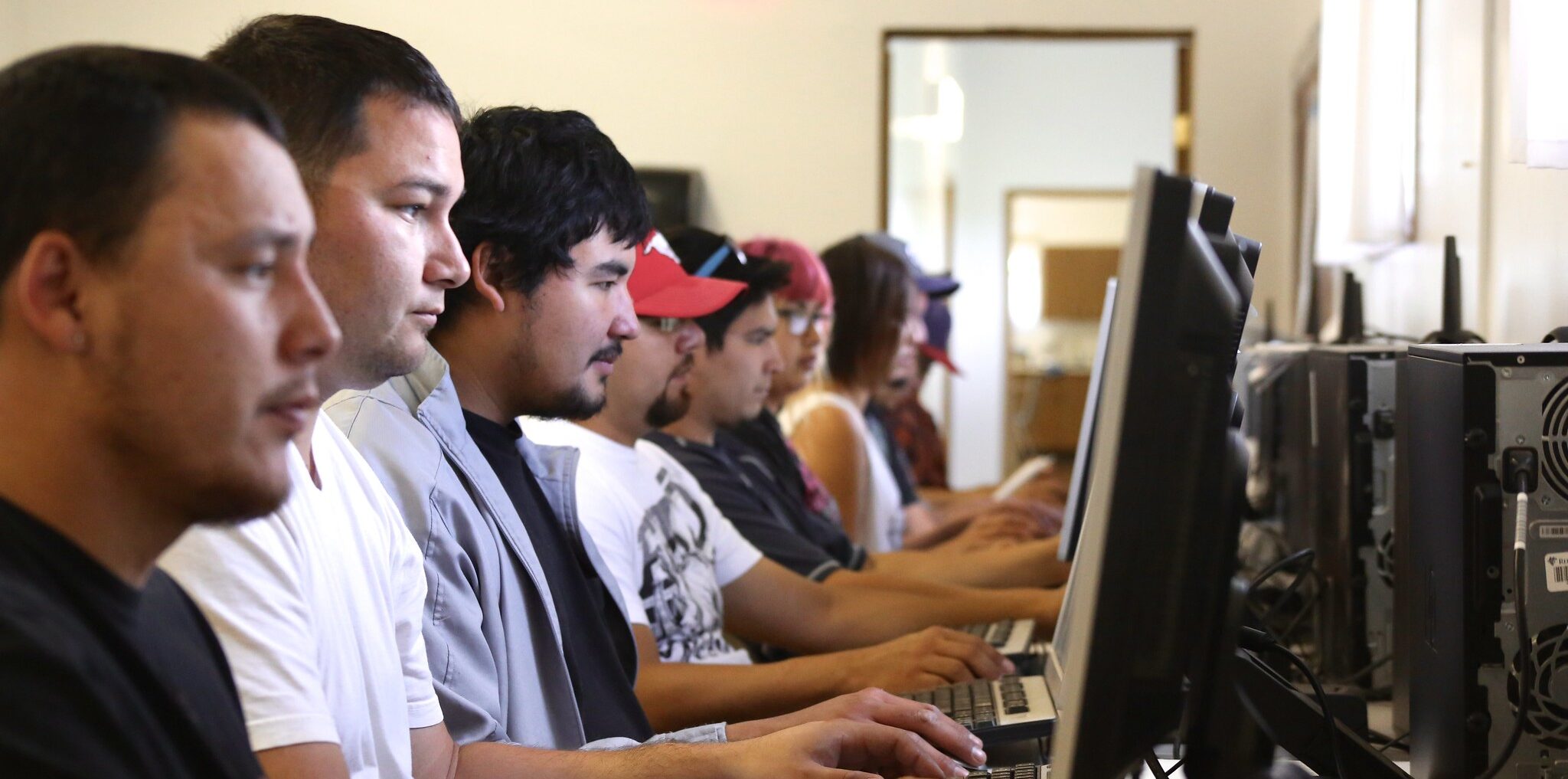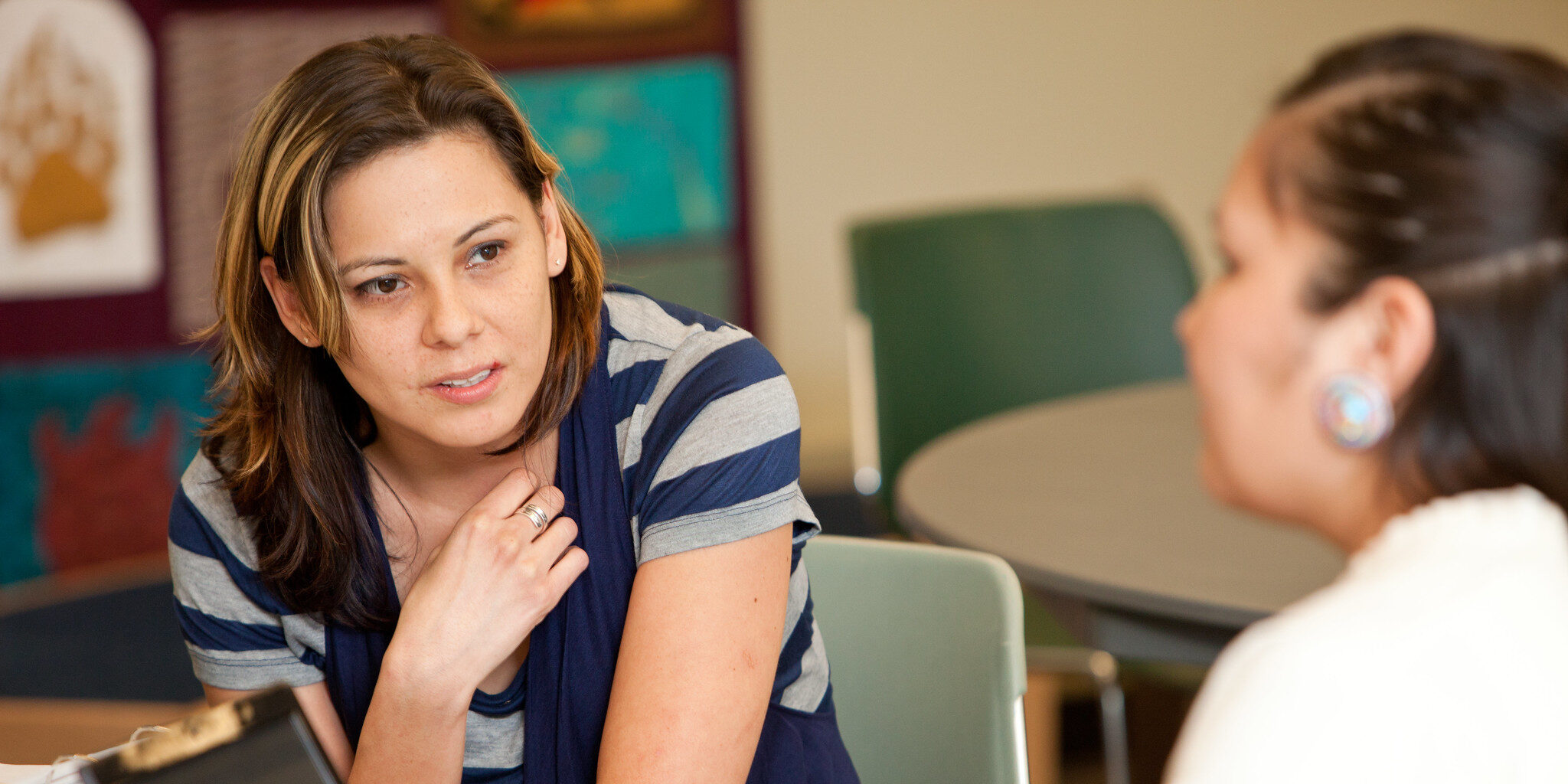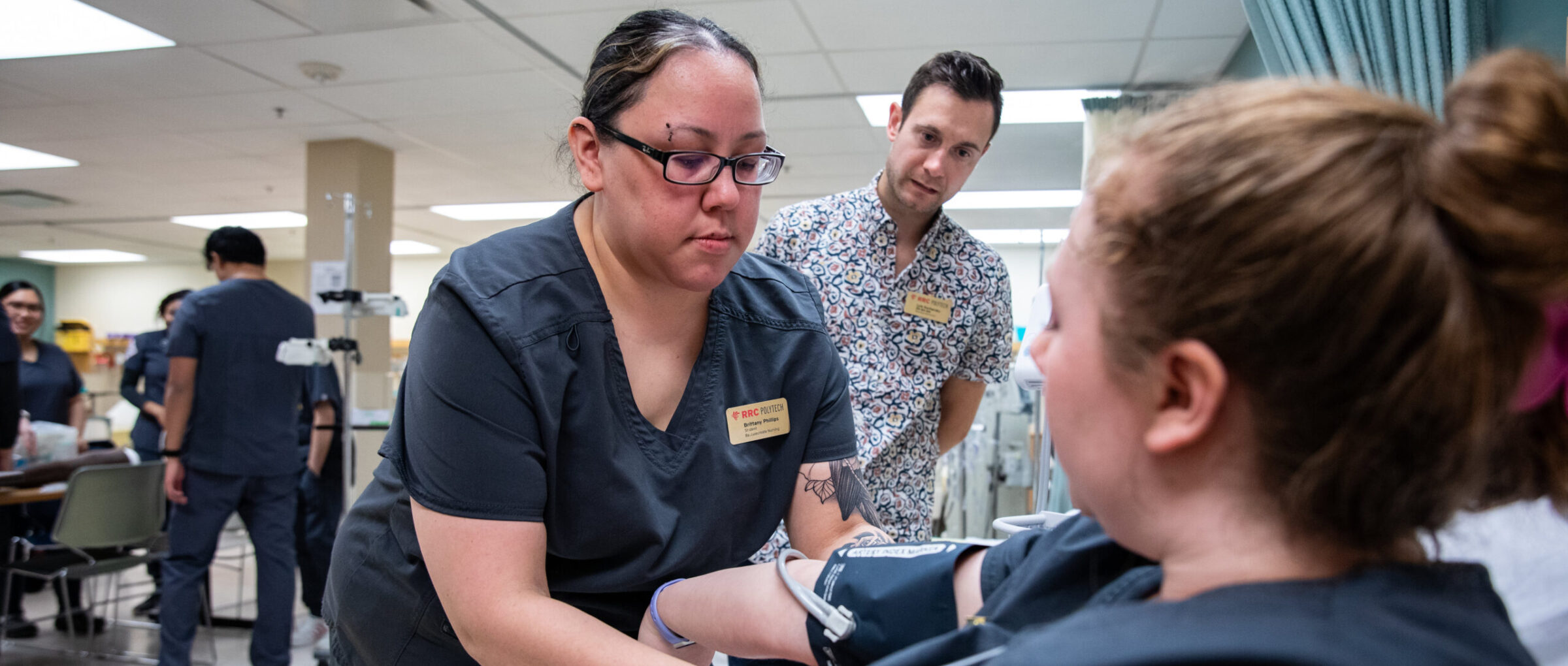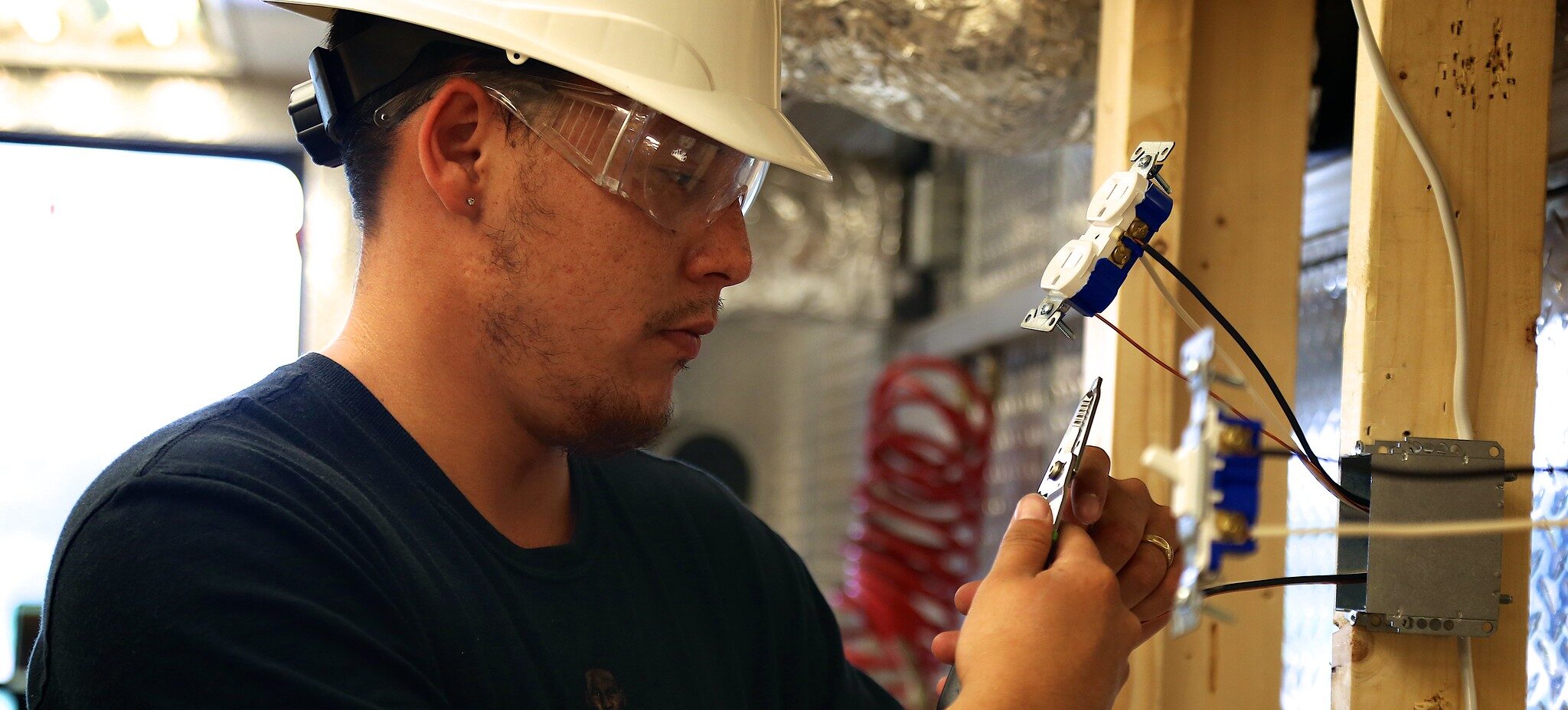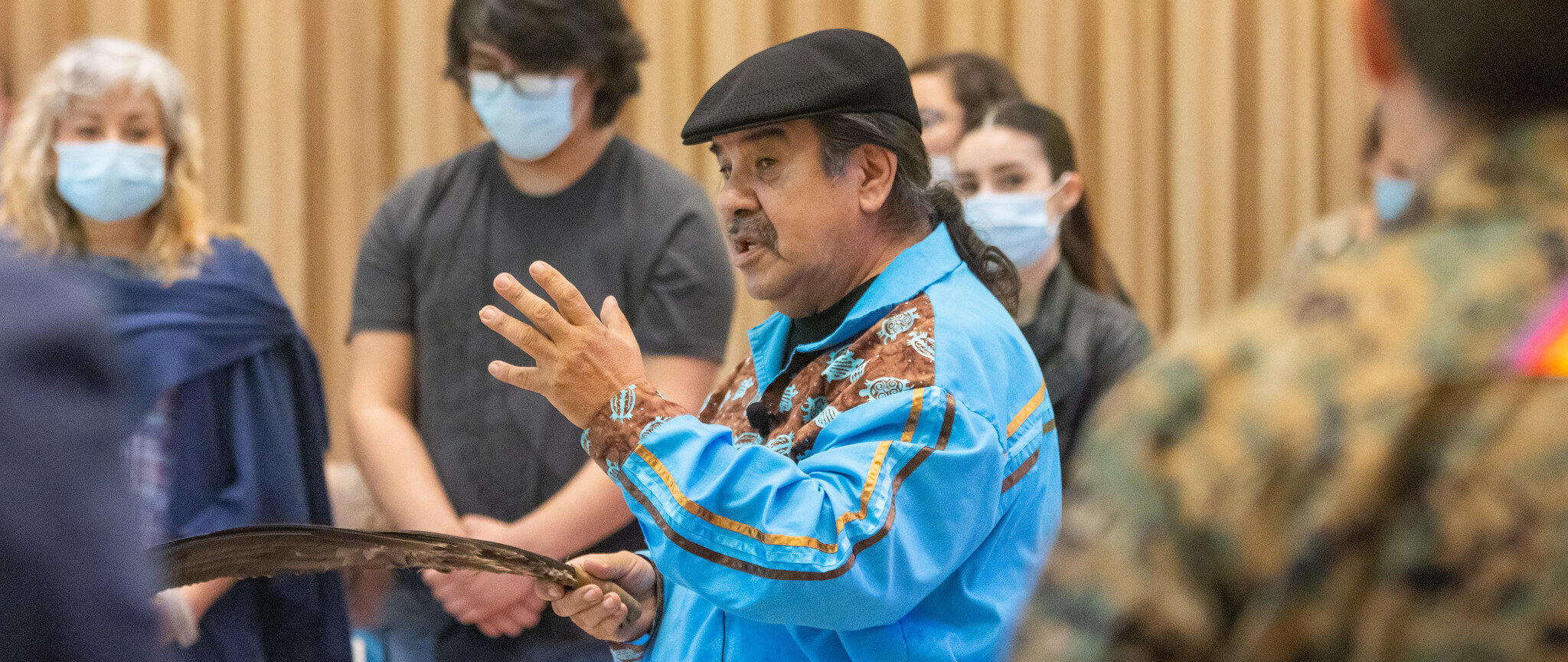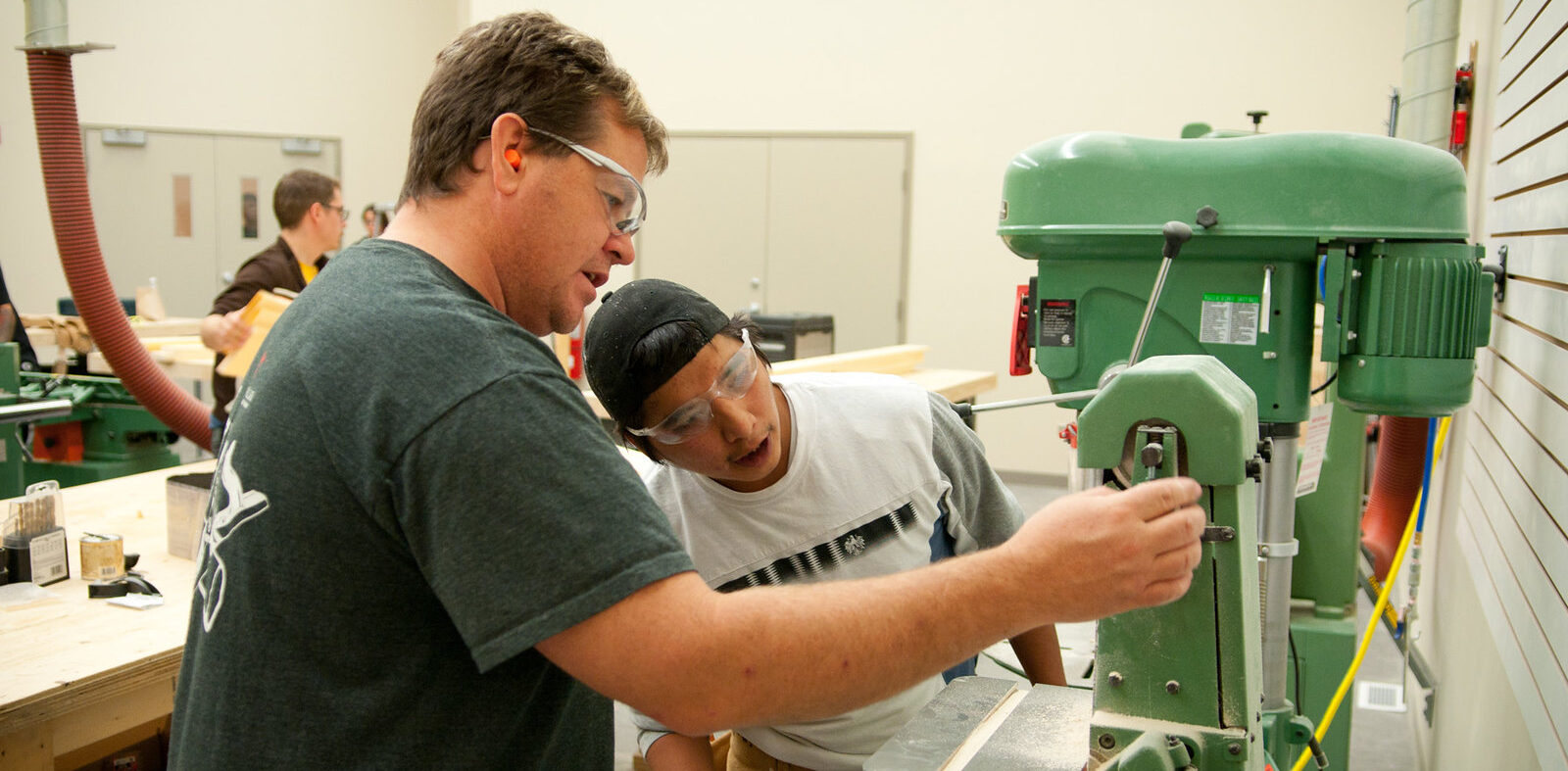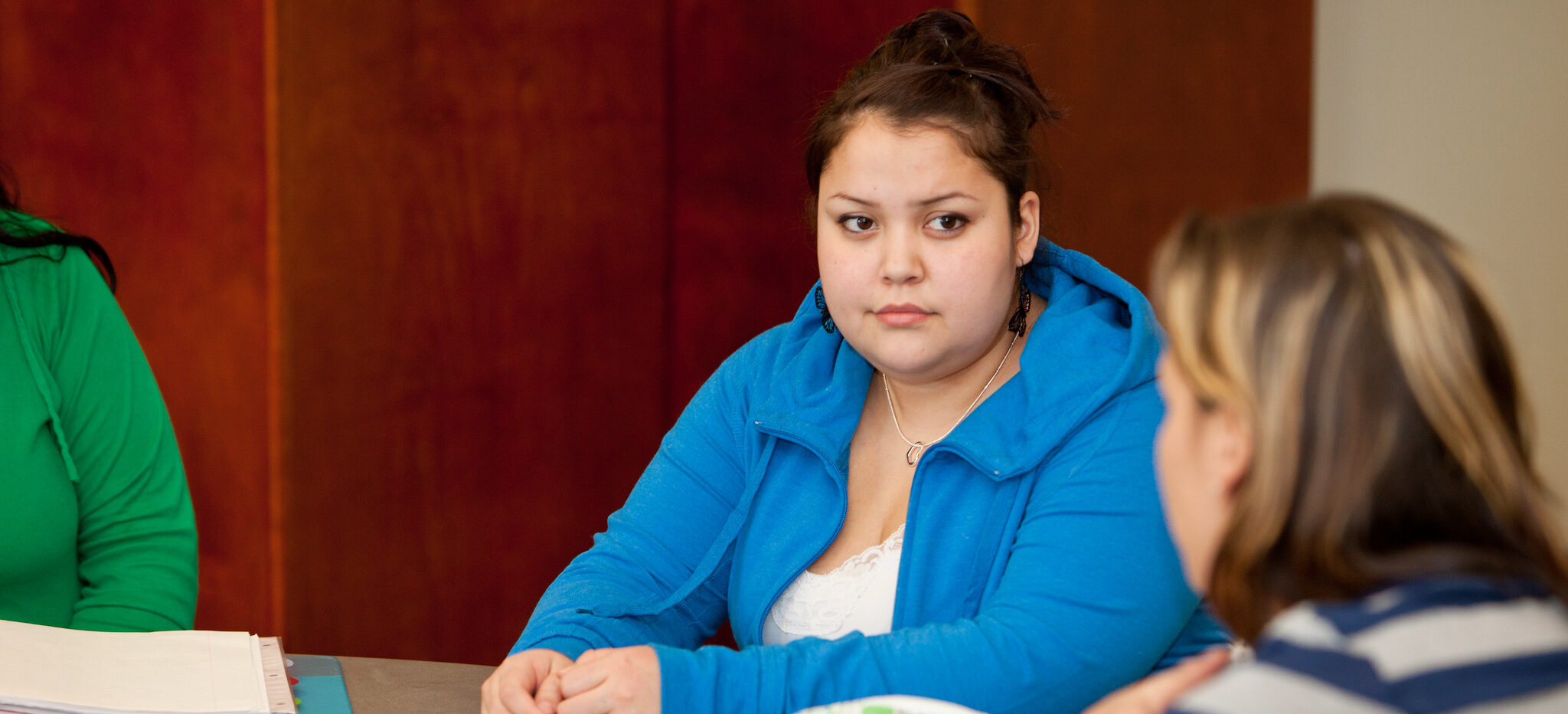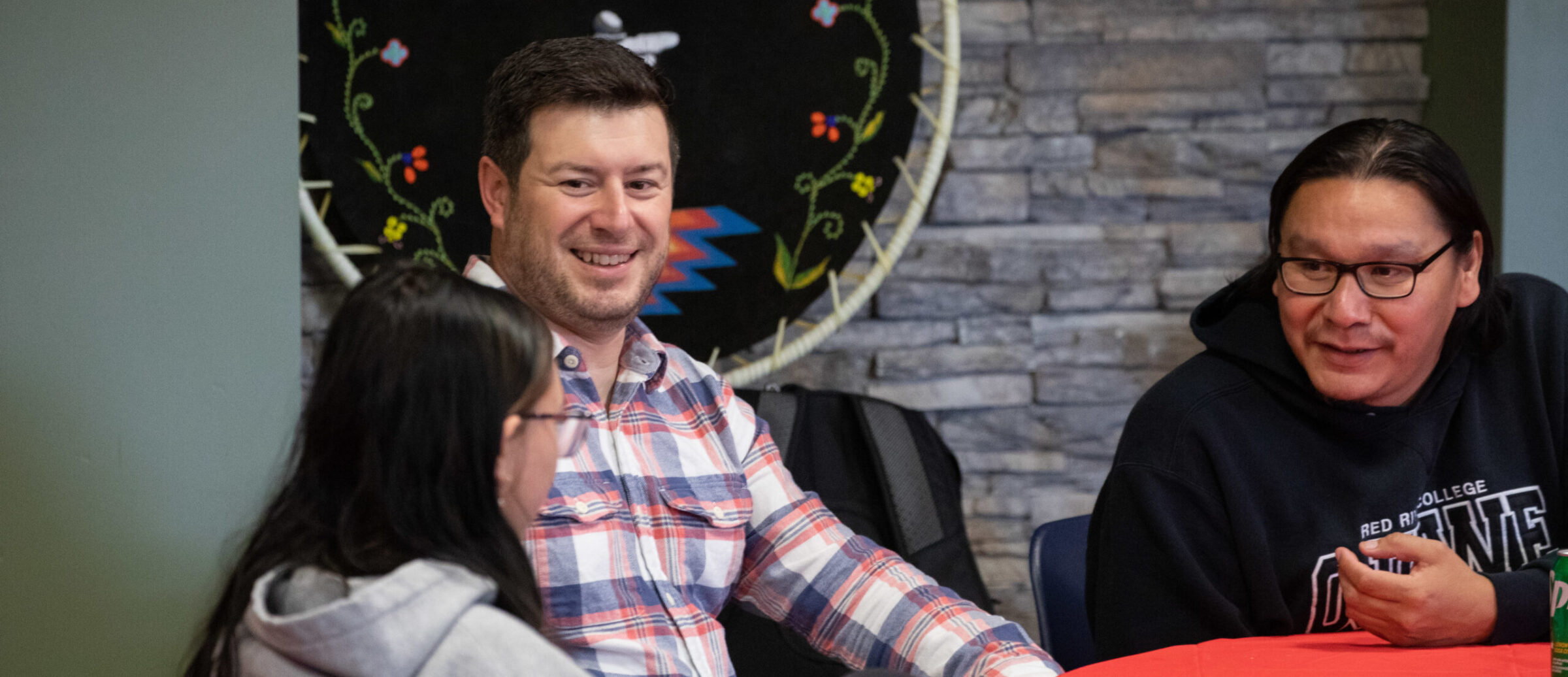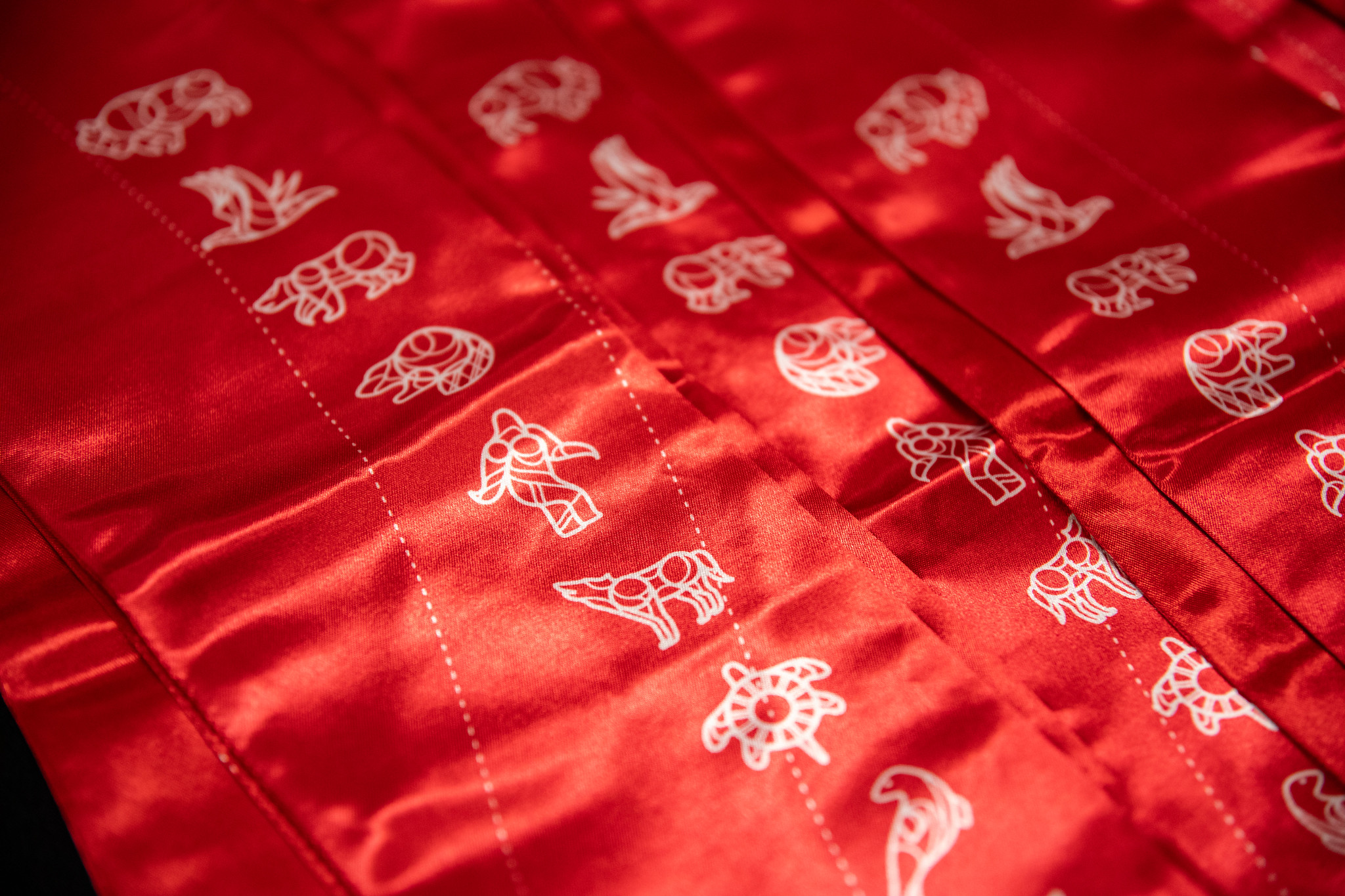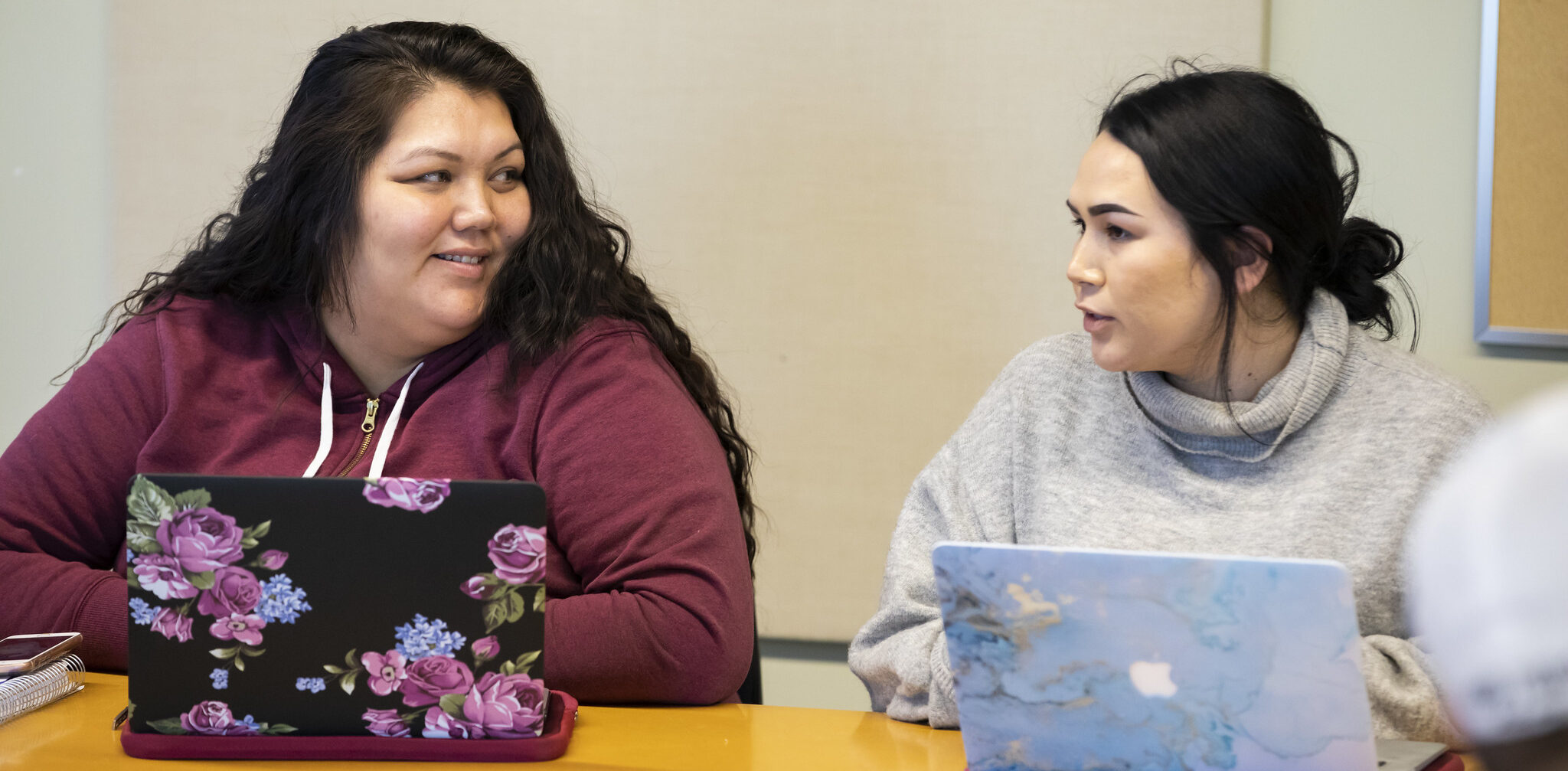Launch Your IT Career with Confidence
Gain the technical expertise and industry experience to progress into advanced IT programs.
Take a confident first step toward a career in information technology with RRC Polytech’s Pathway to Information Technology Programs. This preparatory program helps you build the foundational knowledge, technical skills and learning strategies you need to succeed in IT and transition smoothly into a diploma program. You’ll explore essential concepts in IT, including software, hardware, networking, cloud services, cybersecurity, and full-stack development, while developing problem-solving, communication and professional skills that employers value. With hands-on projects, applied learning and wrap-around support, you’ll gain the confidence to progress in your studies and career.
Upon completing this pathway, you’ll be prepared to apply for reserved seats in the following progression programs:
- Application Development and Delivery
- Cybersecurity
- Full Stack Web Development
- IT Operations
These programs equip you with advanced, career-ready skills such as software development, network administration, information security, and cloud management, and include work-integrated learning experiences to build industry connections. Learn from the experiences of past students:
- Connecting Code and Culture
- Finding Footing in Information Technology
- Indigenous High School Students Ace IT at the ACE IT Camp
Take the first step toward your IT career — learn more about the Pathway to Information Technology Programs and register for Fall 2026.
